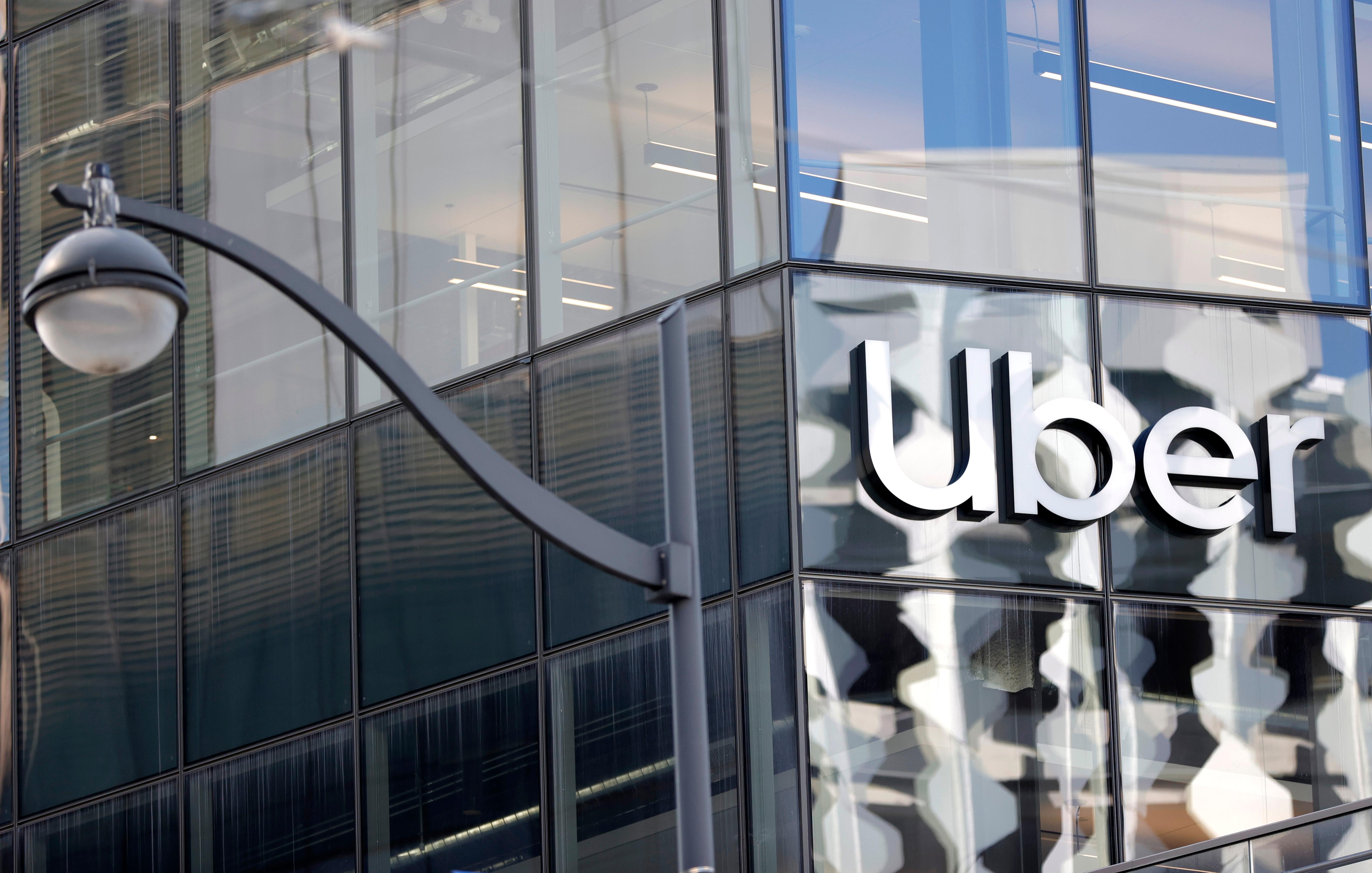Why the DOJ Is Suing Uber Over Disability Discrimination
Uber faces a disability discrimination lawsuit from the DOJ due to how it has been treating disabled passengers.
Nov. 11 2021, Published 11:19 a.m. ET
The DOJ (Department of Justice) has a bone to pick with Uber Technologies—specifically, how the company has been treating disabled passengers in its rideshare services.
What's the story behind the DOJ's disability discrimination lawsuit against Uber? Will the lawsuit bring justice for a population that has been fighting for basic rights for decades?
Why the DOJ is suing Uber
According to the DOJ, the lawsuit has to do with "wait time" fees that the Uber rideshare app charges disabled people who take longer than two minutes to get to the car. "Uber’s policies and practices of charging wait time fees based on disability have harmed many passengers and potential passengers with disabilities throughout the country," the DOJ says.
Uber launched wait time fees in numerous cities in April 2016 and ultimately nationalized the feature shortly thereafter. The lawsuit clarifies that passengers with disabilities often require more than two minutes to get to a car (to break down a wheelchair, walk safely to the car, or any other reason). Even when Uber knows that the passenger is disabled, the company still charges the fee.
Decades after the ADA, disabled individuals pursue modern rights
The ADA (Americans with Disabilities Act) went into law in 1990. The 2020 documentary Crip Camp highlighted the decades of fighting it took to get to that point. The disability revolution wasn't an easy feat. The DOJ's lawsuit against Uber proves that the fight is far from over.
As new technologies and services enter the landscape of everyday Americans, the fight for equal rights for people with disabilities becomes increasingly relevant.
Potential outcomes of the Uber discrimination lawsuit
The lawsuit orders Uber to cease disability discrimination. It also asks the company to change its policy on wait time fees to comply with the ADA.
The lawsuit insists that the company train its staff and drivers on ADA compliance and pay damages to those who were impacted by unfair wait time fees. Any additional fees on people with disabilities are particularly heinous considering the financial strain that comes with being disabled. In order to get disability benefits from the federal government, you can't have more than $2,000 in savings at any point.
Assistant Attorney General Kristen Clarke spoke on behalf of the DOJ's Civil Rights Division. She stated that "people with disabilities deserve equal access to all areas of community life, including the private transportation services provided by companies like Uber."
How Uber stock is responding to the lawsuit
Uber stock is down marginally in the early hours of trading on Nov. 11—a day after the DOJ publicized its lawsuit. Still, the approximately half a percentage point drop contributes to the company's nearly 10 percent correction over the last week.
Aside from the lawsuit, Uber stock is down because of high losses (operating losses reached $572 million in the third quarter of 2021, only appearing profitable under the guide of a heavily adjusted EBITDA). Also, Uber is a Didi investor and Didi stock has been dealing with the woes of an increasingly strict Chinese regulatory environment.
All of this combined is putting weight on Uber stock. For people with disabilities, shareholder value isn't the most important topic. Instead, it's the unfair treatment of disabled customers. If the DOJ has anything to do with it, that will all change soon.


